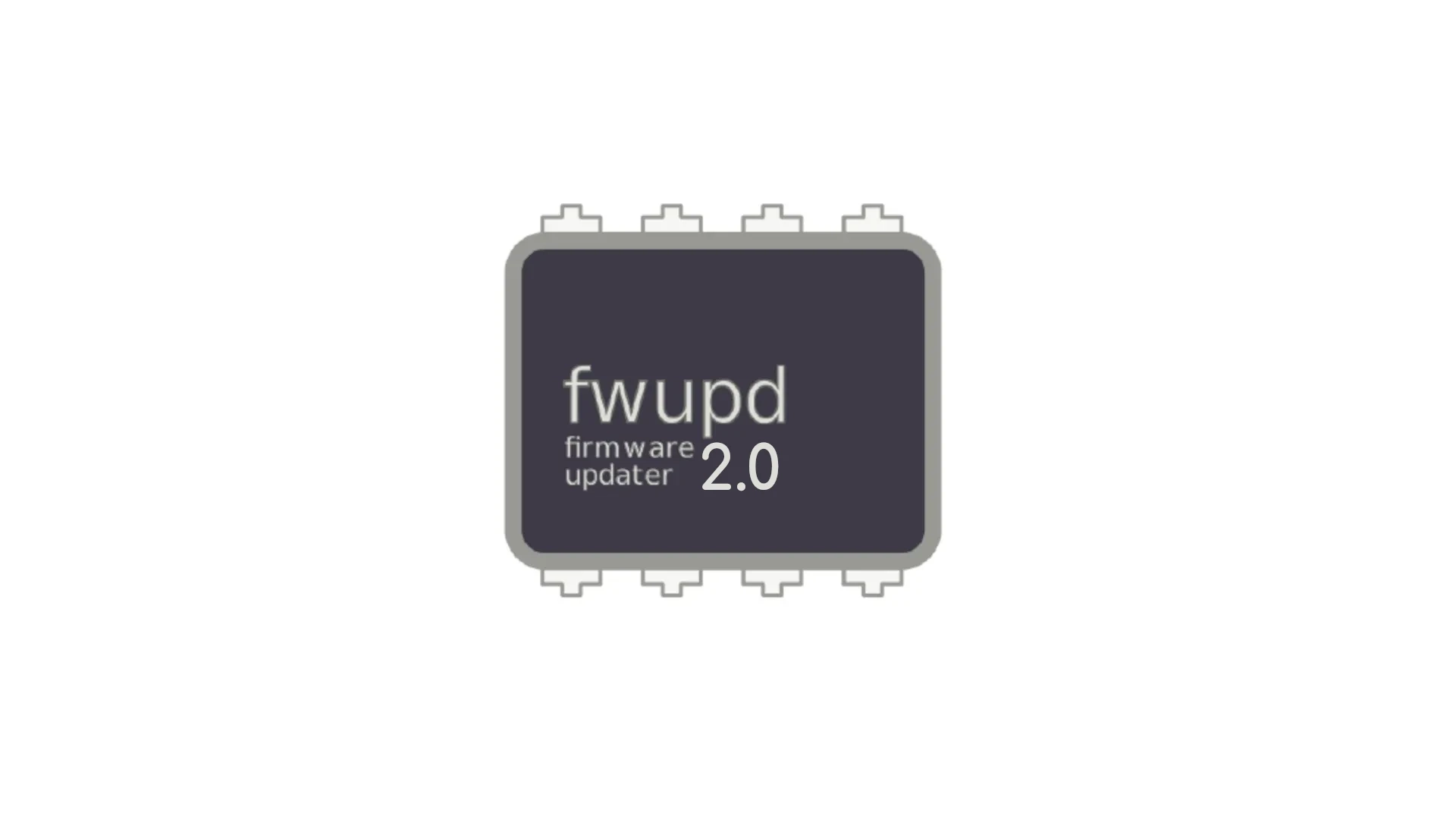Fwupd 2.0 | Major Overhaul Released for Open-Source Linux Firmware Updater
Today marks the release of fwupd 2.0, a significant update to this open-source utility designed for firmware updates on Linux-based systems. This version introduces support for new devices and features, along with a host of other noteworthy enhancements.
The key features of fwupd 2.0 include a fresh configuration option that enables users to disregard firmware requirements during development, solutions for device issues that necessitate reboots, and a newly established API for submitting reports through the GNOME Firmware application. It also includes HSI testing for Arrow and Meteor Lake CSME and additional options for modifying configurations.
This update further enhances device detection capabilities for Bluetooth devices via GATT service UUID, introduces Darwin support within the build helper, and allows for the use of the fwupdtool esp-list --json command. Additionally, it supports monitoring the netlink udev socket instead of GUdev and can now parse EFI LZ77 compressed sections when necessary.
What are the key features and improvements in Fwupd 2.0?
- Enhanced Device Support
- Expanded compatibility with new hardware, including:
- Algoltek USB card readers
- AMD Kria SoM
- Dell K2 docks
- Lenovo ThinkSmart Bar and Legion HID2 devices
- Logitech Tap touchscreen
- Qualcomm S5gen2 BLE devices, and many more.
- Improved device detection via Bluetooth GATT service UUIDs.
- Added support for Darwin build environments and better handling of EFI compressed sections.
- Expanded compatibility with new hardware, including:
- Configuration and API Updates
- New configuration option to bypass firmware requirements during development.
- Enhanced GNOME Firmware application API for submitting reports.
- Ability to emulate devices via the configuration file.
- Adjustments for EFI frame buffer size.
- Performance Optimizations
- Reduced memory and CPU usage during runtime and startup.
- Firmware binaries now stream over file descriptors instead of being loaded into memory.
- UEFI and Security Enhancements
- Support for large EFI FFS3 volumes.
- Improved CRC-16 and CRC-32 checksum handling.
- Updated method for selecting the ESP partition during UEFI capsule updates.
- Revocation support for SbatLevelRT.
- Simplification and Modernization
- Removal of outdated CLI tools.
- Replacement of libgusb and GUdev with libusb and sysfs.
- Elimination of legacy signing formats from libfwupd ABI, breaking backward compatibility.
- Bug Fixes and Stability
- Numerous bug fixes improving stability and device compatibility.
- A detailed list is available in the release notes on the project’s GitHub page.
Moreover, fwupd 2.0 offers support for large sections in EFI FFS3 volumes and accommodates various CRC-32 and CRC-16 types. It also features a privacy policy URL in the remote configuration, the capability to load device flags from the local cab archive, and the ability to adjust the detected EFI frame buffer size in the configuration file.
The latest fwupd 2.0 release introduces several new features and improvements. Users can now specify devices to emulate within the configuration file, and it supports applying revocations to SbatLevelRT when necessary. Additionally, the SuperIO plugin has been removed due to its incompatibility with rawio, and a more effective method for selecting the ESP during UEFI capsule updates has been implemented.
This major update also breaks the libfwupd ABI by eliminating legacy signing formats used for verifying metadata and firmware. Fwupd 2.0, It significantly lowers both runtime memory usage and CPU startup costs, removes all outdated legacy CLI tools, and substitutes libgusb and GUdev with libusb and sysfs. Furthermore, firmware binaries will now be streamed over a file descriptor instead of being loaded into memory.
How to Get Fwupd 2.0?
- Source Code: Download source tarballs from the GitHub repository.
- Distribution Repositories: For most users, it’s recommended to update fwupd from your Linux distribution’s software repository.
Fwupd 2.0, the release also adds compatibility with various new hardware, such as Algoltek USB card readers, AMD Kria SoM, Cable Matters USB Hub, Cinterion fdl-based devices, CY6611 EZ-USB HX3PD, Dell K2 docks, Elan 0C9F fingerprint readers, HP Fleetwood and Hendrix docks, Huddly L1, S1, and Crew, Jabra PanaCast, Lenovo Legion HID2 devices, Lenovo ThinkSmart Bar, Logitech Lemmy, Logitech Sight, Logitech Tap touch screen, MediaTek scaler devices, Parade PS185, Qualcomm S5gen2 BLE devices, and Telink Dual keyboard.
Numerous bugs have also been fixed in this release. For more details, you can check the release notes on the project’s GitHub page. There, you can download the source tarballs if you’re interested in compiling fwupd on your GNU/Linux distribution. Otherwise, it is recommended to update fwupd from your distribution’s software repositories.
ColoCrossing excels in providing enterprise Colocation Services, Dedicated Servers, VPS, and a variety of Managed Solutions, operating from 8 data center locations nationwide. We cater to the diverse needs of businesses of any size, offering tailored solutions for your unique requirements. With our unwavering commitment to reliability, security, and performance, we ensure a seamless hosting experience.
For Inquiries or to receive a personalized quote, please reach out to us through our contact form here or email us at sales@colocrossing.com.

